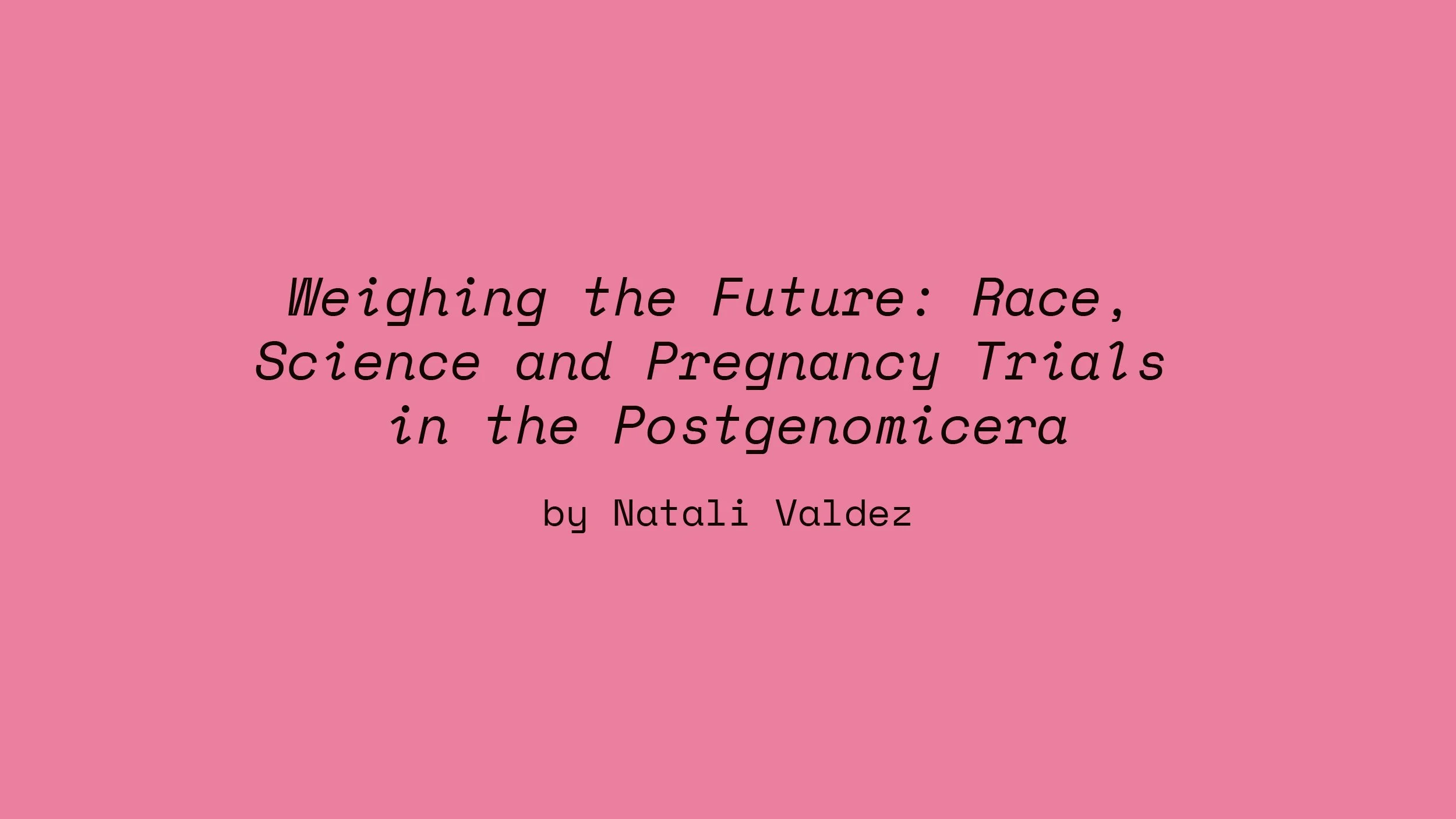
Critical Midwifery Studies
Part 1
Anti-racist Perspectives
Part 1 is co-hosted by City University London.
Anti-racist Perspectives
by Anna Horn
An introduction to anti-racist perspectives in birth care by Anna Horn.
Visual Notes
The Labor(s) of Birth Work
by Dana-Aín Davis
It has been well established that adverse birth outcomes haunt Black women and birthing people’s reproduction in the US and internationally. Critical scholarship says that racism within the biomedical complex is one cause of those outcomes. Increasingly, the support doulas provide to Black birthing people is viewed as contributing to better outcomes. But doulas also labor in the realms of social reproduction and political engagement. While the work they do generally exposes fault lines in the biomedical system, this lecture interrogates the content and context of doulas’ labor in relation to Black reproduction. Using case examples, I explore how the logics of Black doulas’ labor extends beyond birthing. Reflecting on the politics of doula work and the precipitating factors leading some to engage in political work, I ask, How do doulas address the needs not only of their clients, but of the communities in which their clients live?
Visual Notes

Weighing the Future: Race, Science and Pregnancy Trials in the Postgenomicera
by Natali Valdez
This conversation introduces the conceptual interventions of my recent book Weighing the Future, the first ethnography of ongoing prenatal trials in the United States and United Kingdom. Studying prenatal trials reveals larger processes of capitalism, surveillance, racism, and environmental reproduction in a postgenomic era. I make the case that science, and how we translate and imagine it, is a reproductive project that requires anthropological and feminist vigilance. Instead of fixating on a future at risk, the book brings attention to how the present—the here and now—is at stake.
Visual Notes
Re-envisioning Maternity: What Can the Bio-Psycho-Social Model of Care Offer?
by Lucia Rocca-Ihenacho and Cassandra Yuill
This workshop will outline two models of maternity care (bio-psycho-social and medical-industrial) through a set of case studies from England and highlight how the bio-psycho-social model can provide tools for realising an abolitionist framework in practice. With a focus on re-envisioning maternity, we will engage attendees in a creative and transformative process of imagining a care system anew, reinforcing the knowledge they have built throughout the day’s webinar.
Dig deeper
Visual Notes

Saving Lives! Transforming Maternal Health Care in America’s Materno-Toxic Zones
by Jennie Joseph
In the United States, the most developed nation in the world, people are dying due to pregnancy related causes. Although many of these deaths are preventable, the overall rate is rising again after decades of steady improvement, while clearly underscoring the persistent and historical reality that deep racial disparities remain. According to the Centers For Disease Control and Prevention (CDC) the 2018 maternal mortality rate was 17.4 per 100,000 live births in the United States. However, “Wide racial and ethnic gaps exist between non-Hispanic black (37.3 deaths per 100,000 live births), non-Hispanic white (14.9), and Hispanic (11.8) women.” This presentation discusses ways to create safety for patients, families AND their perinatal healthcare providers by exploring the underlying systems of marginalization and discrimination which are harmful, and sometimes even lethal. We will look at a Maternal Child Health (MCH) system which is protective and mitigates these risks while encouraging mutual respect
and dignity for all.




